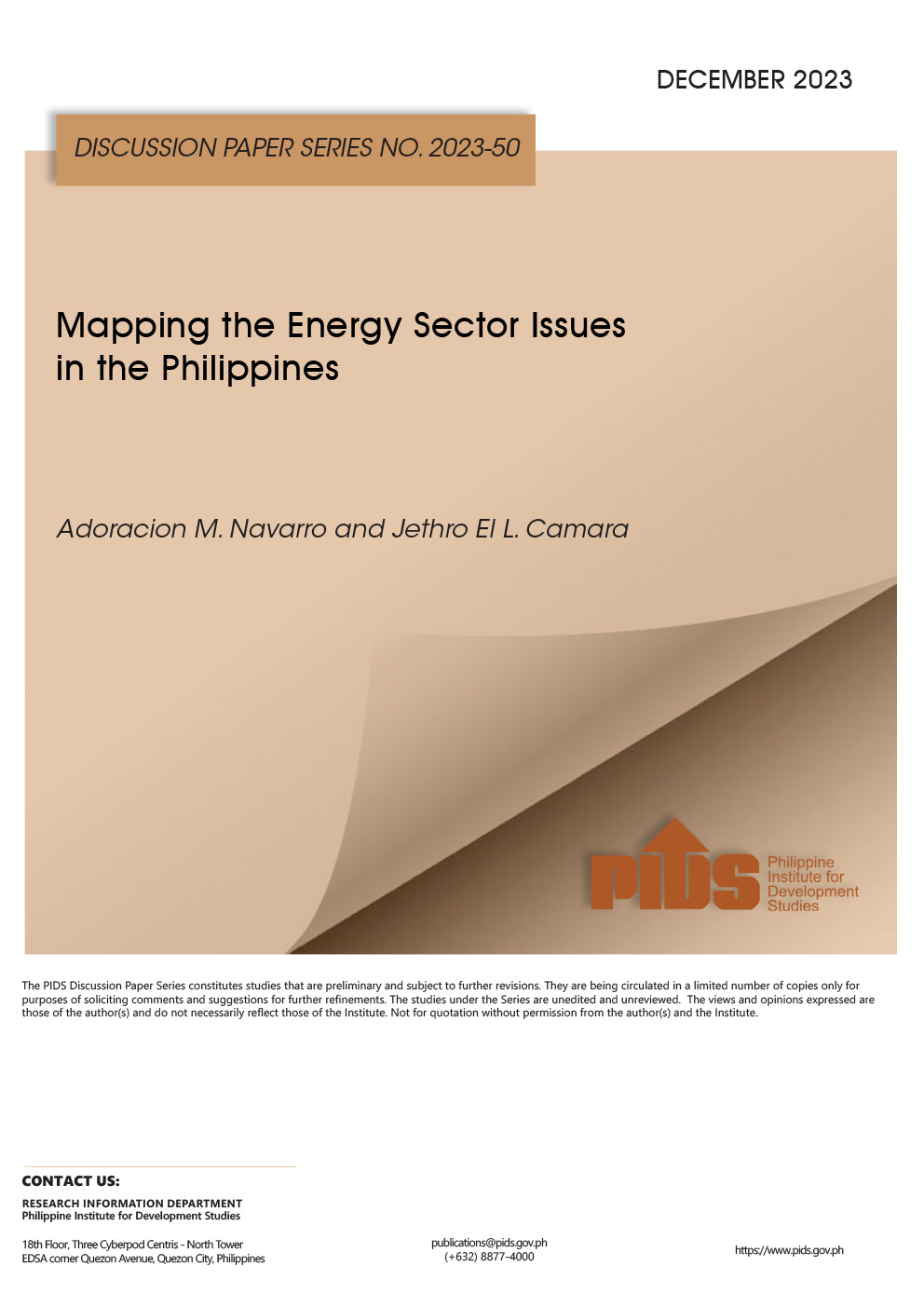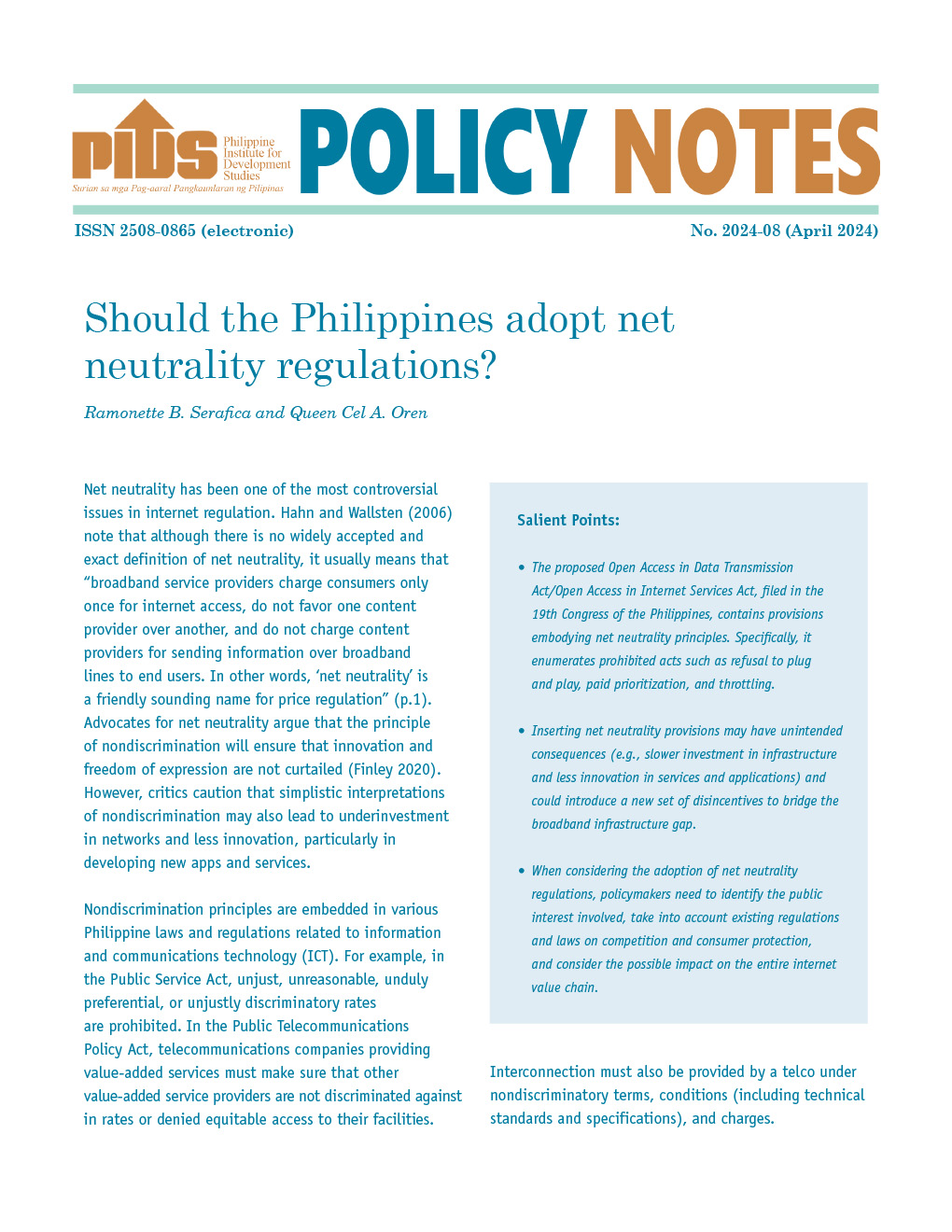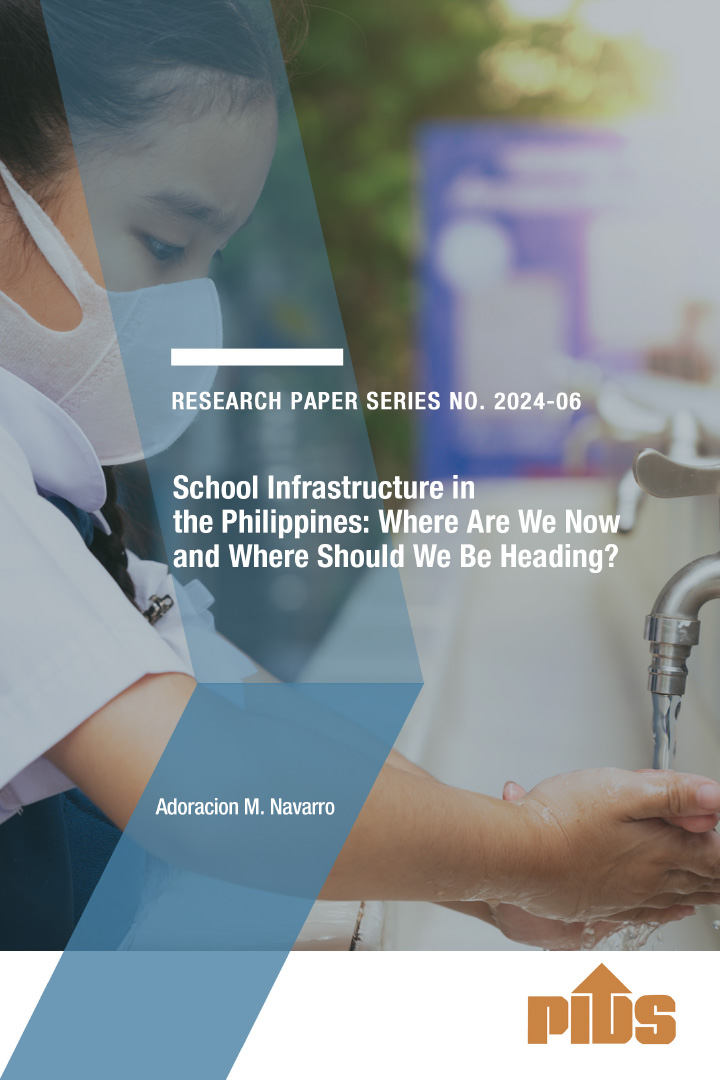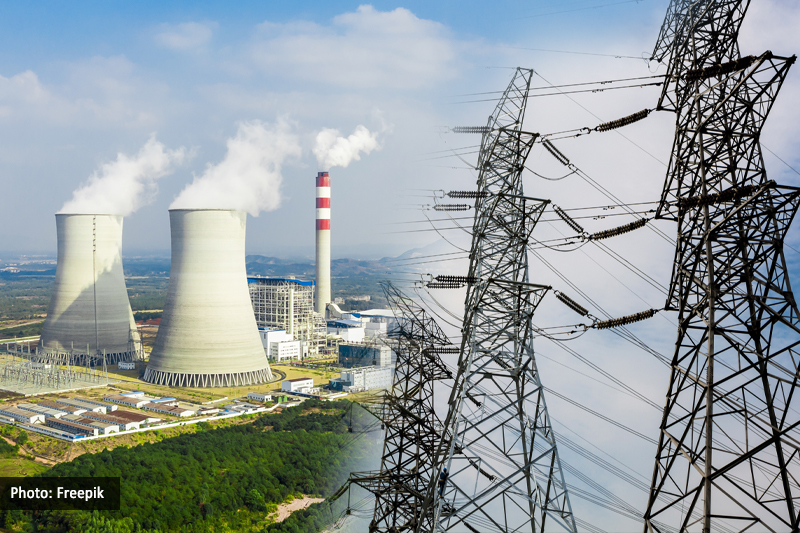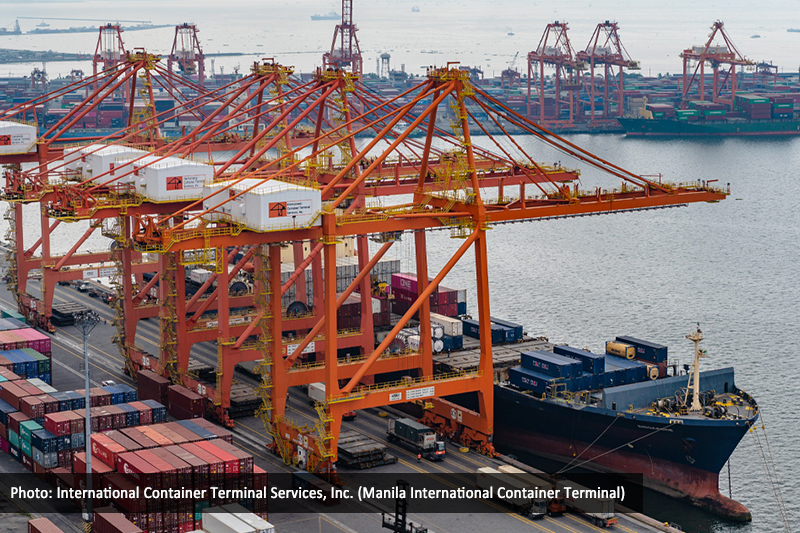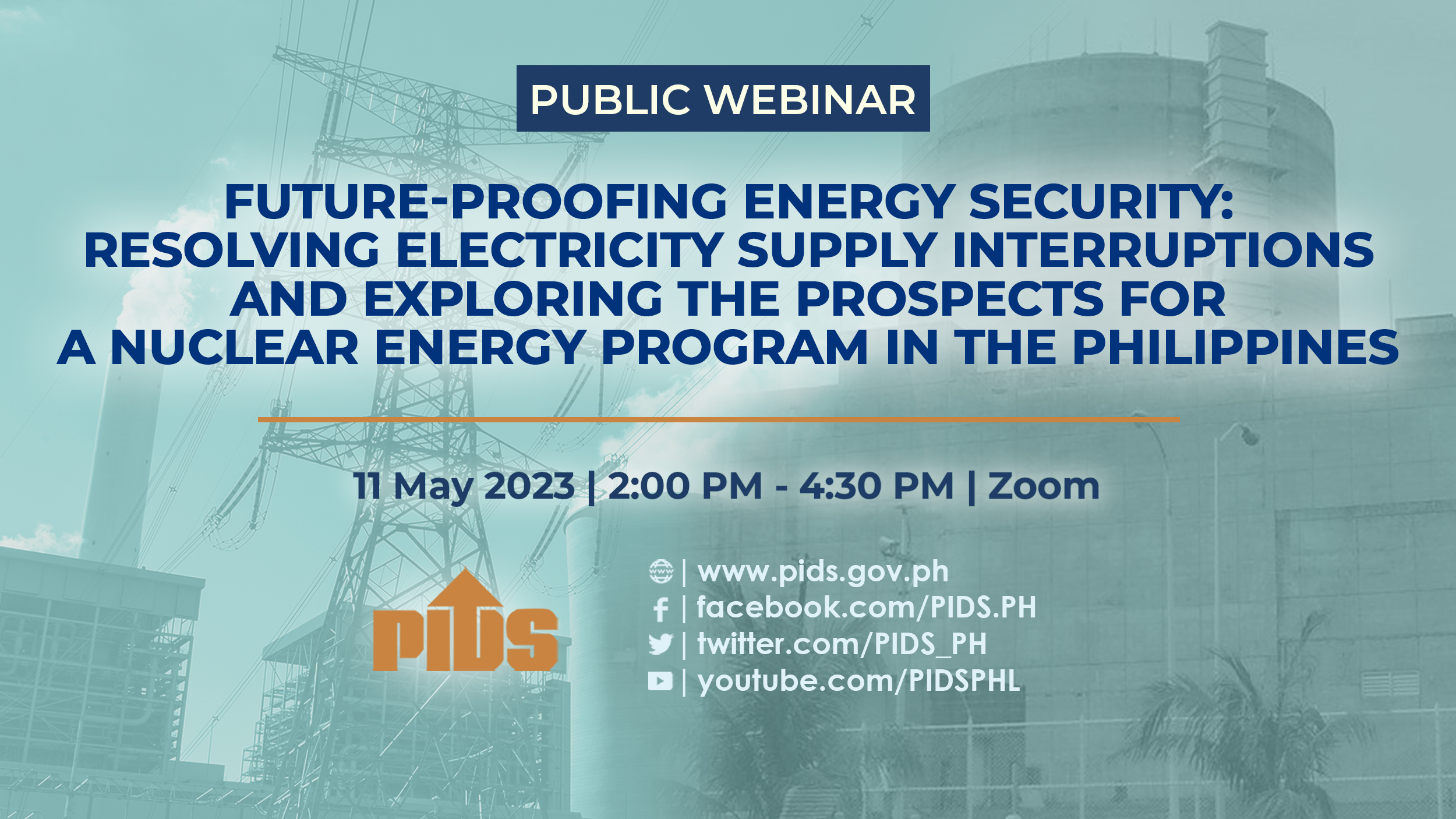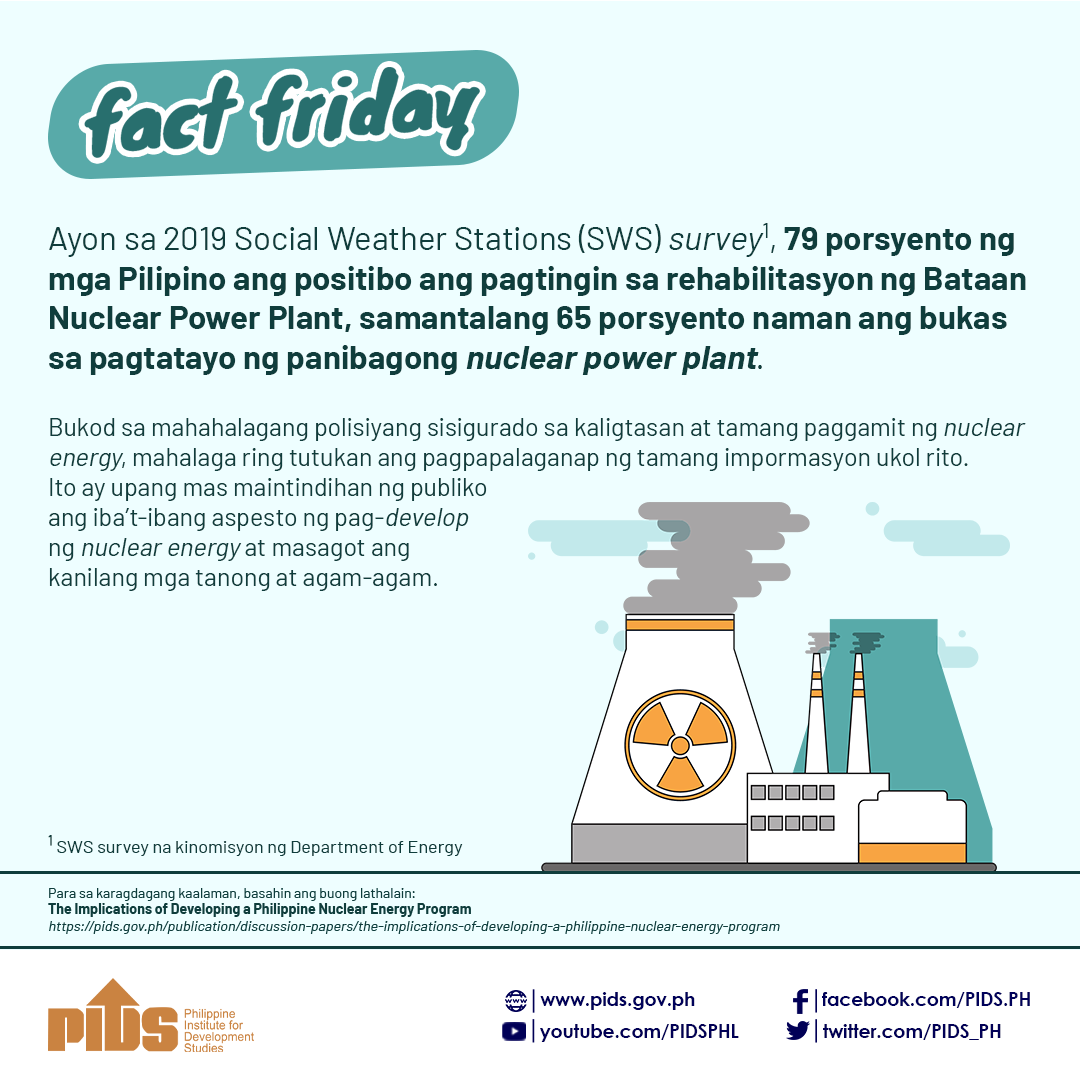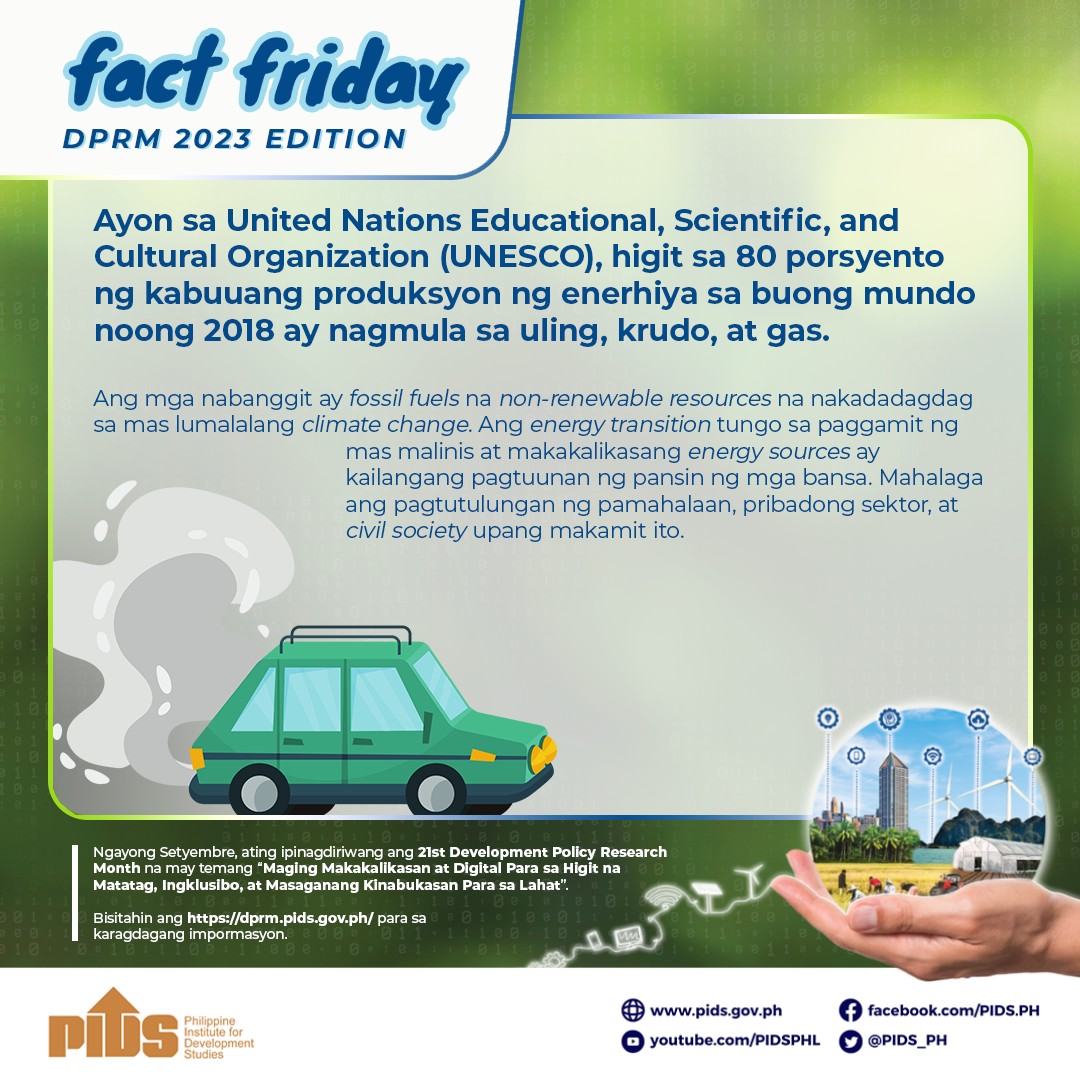THE national government aims to explore the option to include nuclear energy in the country’s energy mix in the medium term, according to the recently crafted Philippine Development Plan (PDP).
Based on the 2023-2028 PDP, this was based on Executive Order 164 released by the Duterte administration, adopting a national position toward a nuclear energy program.
However, the Marcos administration first intends to conduct “rigorous scientific studies” before it allows investments in nuclear power plants.
“The government, through DOE [Department of Energy], will also endeavor to make these scientific studies and actions to be taken transparently, consistent with the guidelines of the International Atomic Energy Agency and accepted by the public,” the PDP stated.
“DOE will closely work with Congress and the Department of Science and Technology in crafting the legal and regulatory framework for nuclear energy,” it added.
The PDP also stated these efforts will include the drafting of the Comprehensive Atomic Energy Regulatory Framework. This will help create a nuclear regulatory body.
In her recently published research, Philippine Institute for Development Studies (PIDS) Senior Research Fellow Adoracion Navarro said nuclear energy remained a “promising option” for the country.
However, she noted that a government’s decision to tap this energy resource is a long-term commitment and must be put in consideration from the time frame of 100 years.
“Deciding to use nuclear energy is a long-term commitment and one that should consider a time frame of 100 years from construction to decommissioning and waste disposal or storage,” Navarro said.
“Thus, it would do well for the Philippines to follow the IAEA’s Milestones Approach and for every government administration to be consistent in seeking progress through this approach,” she added.
19 infra issues
In order to go nuclear, Navarro said, the government needs to resolve 19 infrastructure issues. These issues should be considered in every phase of the IAEA’s Milestones Approach.
These 19 infrastructure issues include: the national position which marks the long-term commitment of the country to nuclear energy; nuclear safety; management which pertains to having leadership and management systems for the nuclear program; funding and financing; and the legal framework or laws and plans that allow the use of nuclear energy.
The list also includes safeguards in terms of international standards when it comes to nuclear energy use; regulatory framework; radiation protection which pertains to the creation of radiation protection programs; electrical grid requirements; human resources development; stakeholder involvement; site and supporting facilities; and environmental protection.
Other issues include emergency planning; nuclear security which pertains to requirements and recommendations from previous reviews; nuclear fuel cycle; radioactive waste management; industrial involvement; and procurement.
“As a demonstration of understanding the commitment involved in nuclear energy development, the positive national position adopted by the Duterte administration may have to be confirmed and reinforced by the Marcos Jr. administration by issuing a fresh mandate to the NEP-IAC and setting new targets and timetable for the Phase 1 requirements that remain unaddressed,” Navarro said.
The country also needs to ratify international legal instruments it signed. These include the 1994 Convention on Nuclear Safety and 1998 Joint Convention on the Safety of Spent Fuel Management and on the Safety of Radioactive Waste Management.
The list also includes the 1998 Protocol to Amend the Vienna Convention on Civil Liability for Nuclear Damage Philippines; 1998 Convention on the Supplementary Compensation for Nuclear Damage; and the 1998 Joint Protocol Relating to the Application of Vienna Convention and Paris Convention.
Updated versions of RA 2067 or the Science Act of 1958 and RA 5207 or the Atomic Energy Regulatory and Liability Act of 1968 must also be enacted.
The Science Act mandates the research on and development of the peaceful uses of nuclear energy while the Atomic Energy Regulatory and Liability Act provides the licensing and regulatory procedures for using nuclear energy.
“These laws no longer respond to the needs of the times given the evolution of international standards on safety and security, as shaped by technological advances and rigorousness in safeguards after major nuclear accidents,” Navarro said.
Apart from nuclear, the PDP also advocates the entry of more renewables to address intermittency problems as well as the liberation of foreign ownership of renewable energy generation.
Per the PDP, the government will revisit the Implementing Rules and Regulations of the RE Act and remove the nationality requirement imposed on businesses engaged in the exploration, development, and utilization of inexhaustible energy resources.

